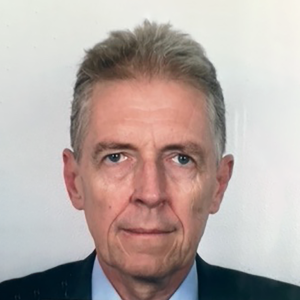Russian Federation’s decade-long occupation of Crimea marked by widespread violations
28 February 2024
Kyiv, 28 February 2024 – The United Nations Human Rights Monitoring Mission in Ukraine (HRMMU) has documented serious human rights and humanitarian law violations since the Russian Federation illegally annexed Crimea, an autonomous region of Ukraine, in 2014. These violations persisted throughout 10 years of occupation, as the Russian Federation consolidated its control over the peninsula.
In a report issued today, HRMMU said the Russian Federation has unlawfully imposed its citizenship, laws, and institutions on Crimea’s population across all spheres of life, suppressing opposition and dissent. The report cites examples of steps taken by the Russian Federation to restrict the civic space and limit fundamental freedoms. Crimean Tatar leaders, perceived as opposing the occupation of Crimea or the Russian Federation policies, were among those particularly affected by the measures.
While Crimean Tatars, who fled the peninsula in the wake of the illegal annexation, have been barred from returning to their homeland, many Russians have been resettled in Crimea, in an apparent attempt to change the peninsula’s demographic structure. Large-scale expropriations of public and private property have been implemented without compensation or regard for international law.
“Over the past decade, we have documented efforts by the Russian Federation to impose the Russian language, culture, and institutional framework on Crimea while at the same time taking actions to erase the peninsula’s rich cultural, linguistic, and religious heritage,” said the head of HRMMU, Danielle Bell.
The report says opposition to the efforts by the Russian Federation to consolidate its hold on Crimea has been met with harsh reprisals. Individuals who opposed or challenged the occupation were subjected to human rights violations, including enforced disappearance, arbitrary detention, torture and ill-treatment. HRMMU says it documented 104 cases of enforced disappearance and 55 cases of torture affecting pro-Ukrainian activists, journalists and Crimean Tatars.
The occupying authorities in Crimea have suppressed freedom of expression, including the expressions of minority cultures and identities, and severely curtailed the freedom of religion of minority groups, particularly those opposing official narratives, the report said.
“Our findings on the human rights situation in Crimea, which has endured Russian occupation for more than a decade now, are not only alarming but they are also a grim harbinger of the devastating and lasting impact Russian occupation may have on other occupied regions of Ukraine,” said Bell.


